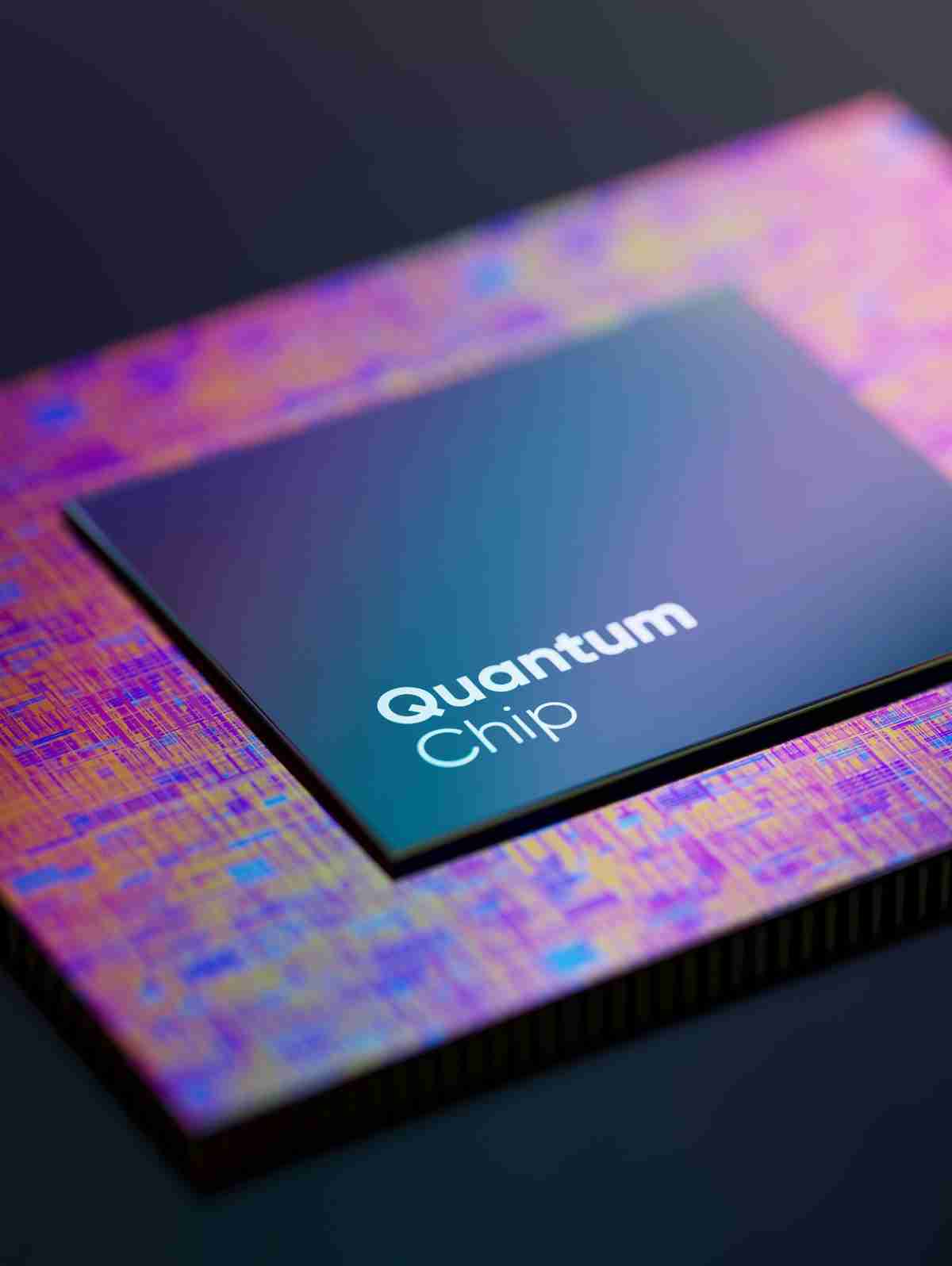For decades, computers have followed the same basic rulebook. They process information using bits, the familiar zeros and ones that sit at the heart of every app, website, and device you have ever touched. This system, known as classical computing, has carried humanity from the age of room-sized machines to smartphones that fit in your pocket. But as powerful as classical computers are, there are problems they cannot solve efficiently. That is where quantum computing enters the picture, promising a leap forward that could redefine technology, science, and business.
Quantum computing is not just about faster machines. It is about a fundamentally different way of processing information. Instead of relying solely on bits, quantum computers use qubits, which behave according to the principles of quantum mechanics. This allows them to handle calculations in ways that classical computers simply cannot. The excitement around quantum computing is not hype for the sake of hype; it is rooted in the real possibility of solving problems that are currently beyond the reach of the fastest supercomputers in existence.
The Basics: From Bits to Qubits
In classical computing, a bit can be either zero or one, but never both. That clear distinction is what allows our current systems to function so reliably. Quantum computing takes a different approach. Thanks to the principle of superposition, a qubit can exist as zero, one, or a combination of both at the same time. When you string multiple qubits together, they can represent many possibilities at once, vastly expanding the system’s potential computing power.
There is another principle called entanglement that makes quantum computers even more powerful. Entangled qubits share a deep connection, so that the state of one instantly influences the state of the other, no matter how far apart they are. This enables coordination between qubits that creates exponential growth in computing capability. In simple terms, while a classical computer tests one path at a time, a quantum computer can explore many paths simultaneously.
Why It Matters
The unique abilities of quantum computers open doors to challenges that classical machines struggle with. Consider the field of drug discovery. Designing new medicines often requires simulating molecules, which quickly becomes overwhelmingly complex because of the countless interactions between atoms. A quantum computer could model these interactions more naturally, potentially accelerating the creation of new treatments for diseases.
In logistics and optimization, quantum systems might find the most efficient routes for thousands of delivery trucks in seconds. In finance, they could process risk scenarios and optimize portfolios far faster than current tools. In cybersecurity, they could break certain types of encryption that classical computers would take centuries to crack, which is both a threat and an opportunity. These are not small incremental improvements; they are paradigm shifts that could ripple across industries.
The Challenges Holding It Back
For all the promise, quantum computing is not ready to replace your laptop anytime soon. Building stable quantum computers is incredibly difficult. Qubits are fragile and sensitive to their environment. A small amount of heat, noise, or electromagnetic interference can disrupt their delicate state, a problem known as decoherence. Researchers have to keep qubits in extreme conditions, often near absolute zero, to maintain stability.
Error correction is another hurdle. Because qubits are so unstable, quantum systems generate errors at a rate far higher than classical computers. Scientists are working on quantum error correction techniques, but these require large numbers of physical qubits to create stable logical qubits. At this stage, most quantum computers only have a few hundred physical qubits, far short of the millions likely needed for fully practical applications.
There is also the question of accessibility. Quantum hardware is expensive, complex, and currently housed in specialized labs. For now, many companies and researchers use cloud-based access to quantum machines rather than owning them outright. That model works for experimentation but still limits widespread adoption.
Who Is Leading the Race
Despite the challenges, progress is accelerating. Companies like IBM, Google, and Microsoft are investing heavily in quantum research, while startups such as IonQ and Rigetti are exploring their own approaches. Governments are also pouring billions into national quantum strategies, recognizing the potential for breakthroughs in defense, energy, and healthcare.
In 2019, Google announced that its quantum computer Sycamore achieved “quantum supremacy” by solving a specific problem faster than a classical supercomputer. The claim sparked debate, but it highlighted that the field is moving from theory into real, demonstrable achievements. IBM, meanwhile, has been steadily increasing the number of qubits in its machines and has shared roadmaps outlining plans for systems with thousands of qubits in the coming years.
The Future Possibilities
If quantum computing scales successfully, the impact could be transformative. Scientific research could advance at unprecedented speed, with simulations of chemical reactions, materials, and biological systems offering insights previously out of reach. Artificial intelligence could benefit from quantum-enhanced algorithms that process data more efficiently and uncover patterns classical methods miss.
The global economy could shift as industries that master quantum computing gain advantages in innovation, efficiency, and competitiveness. Cryptography will need to evolve, as quantum machines could undermine many existing encryption standards. At the same time, quantum cryptography offers new methods of creating secure communications based on the very laws of physics.
Education and workforce development will also need to adapt. Quantum literacy will become increasingly valuable, not just for physicists and engineers, but for computer scientists, business leaders, and policymakers who need to understand its implications.
Balancing Hype with Reality
It is important to keep expectations realistic. Quantum computers are not a magic solution for every problem. Many everyday tasks like browsing the web or editing a document will always be handled more efficiently by classical systems. Quantum computing shines in specialized areas where complexity explodes beyond the capacity of normal machines.
Right now, we are still in what many call the noisy intermediate-scale quantum (NISQ) era. Machines have enough qubits to perform experiments and demonstrate potential, but not enough to solve large, real-world problems consistently. The timeline for reaching practical quantum computing ranges from optimistic forecasts of a decade to more cautious views of several decades.
Final Thoughts
Quantum computing represents one of the most exciting frontiers in modern technology. It challenges our assumptions about how computers work and opens possibilities that were once confined to science fiction. While hurdles remain in stability, error correction, and scalability, the progress being made by researchers and companies suggests that a new era of computing is on the horizon.
When quantum computing matures, it will not just be a faster computer. It will be a different kind of machine altogether, one that mirrors the strange but powerful rules of the quantum world. That shift could redefine entire industries, transform global security, and even accelerate the search for cures to the world’s most difficult diseases.
For now, the best approach is curiosity and cautious optimism. Quantum computing is not yet ready for everyday use, but it is moving steadily toward breakthroughs that will shape the future. The day may come when phrases like superposition and entanglement are as common as gigabytes and processors. Until then, the journey itself is worth watching, because it marks the edge of human ingenuity pushing into the unknown.
Featured Image Source: Planet Volumes / Unsplash+









